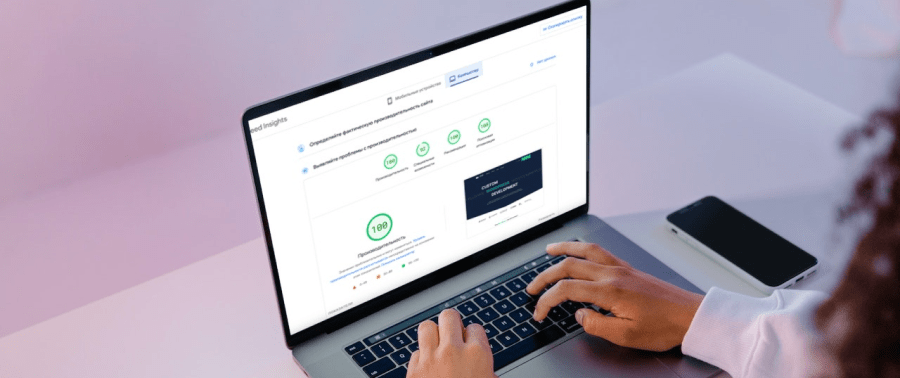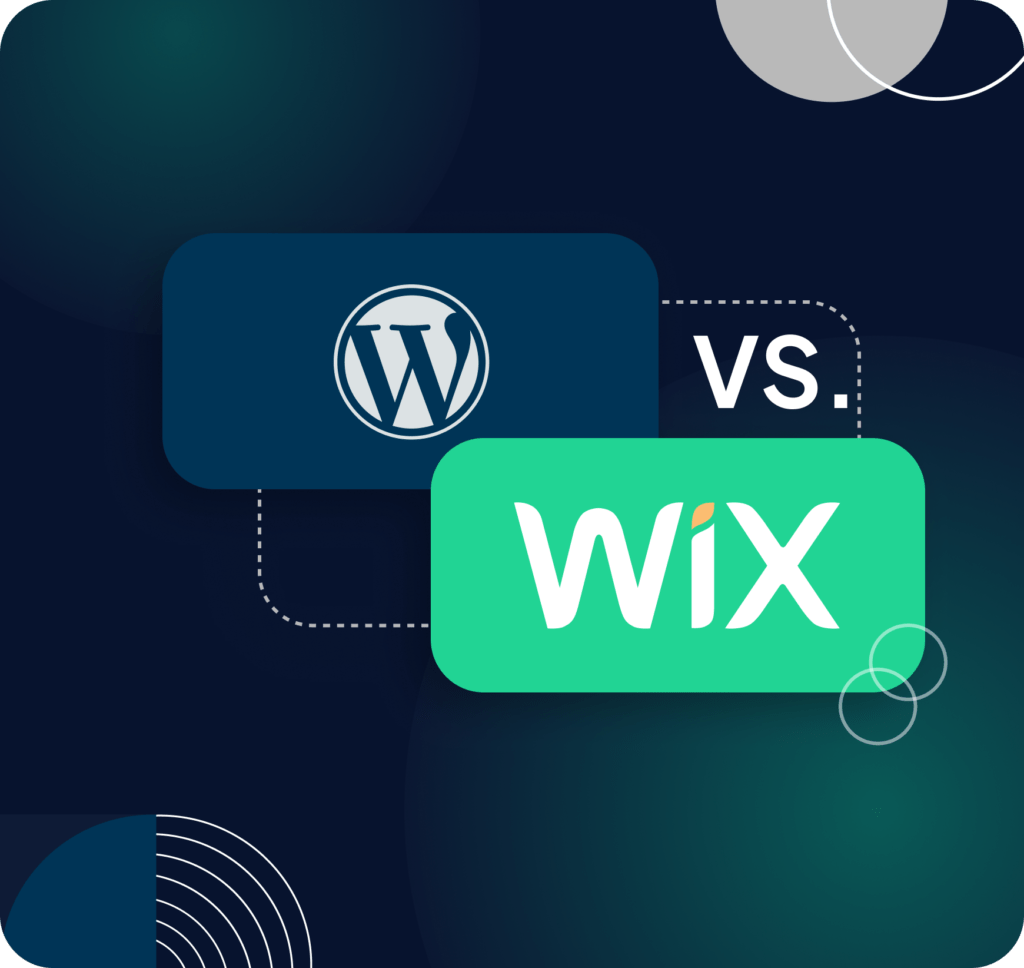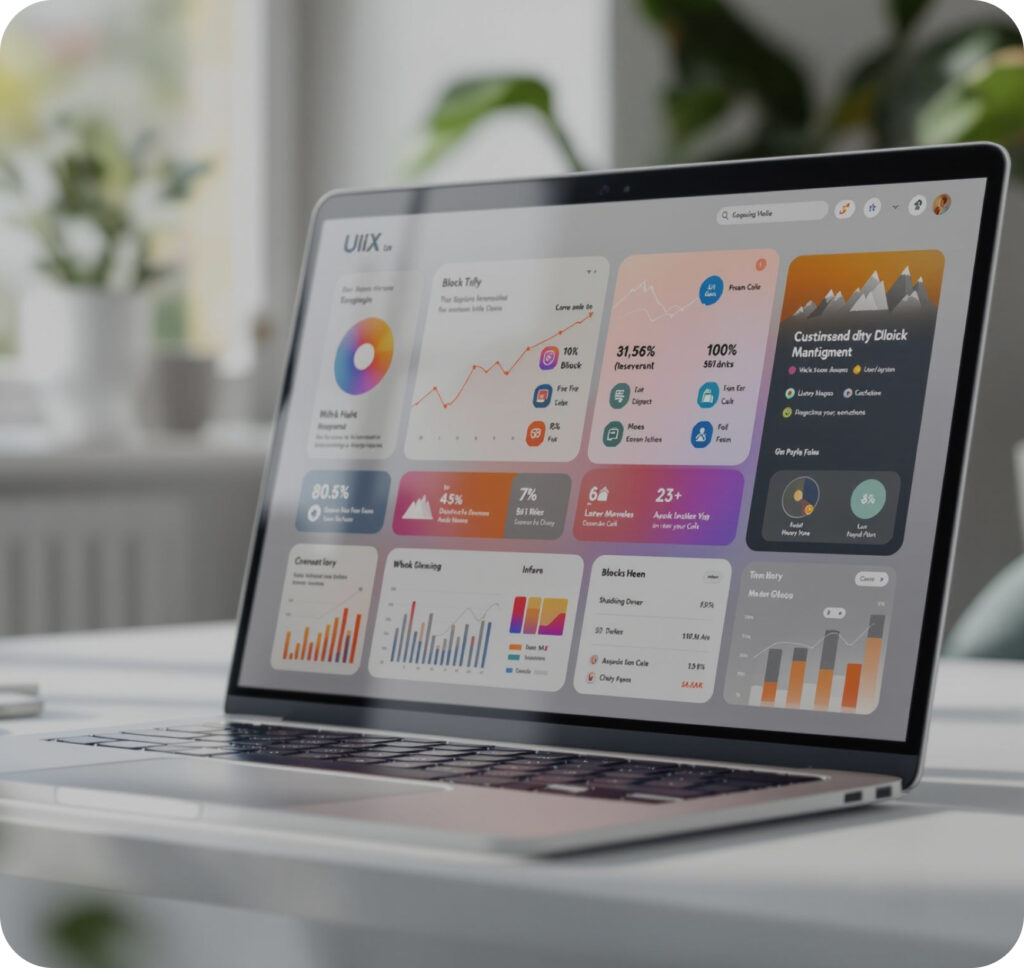Spending significant time building a great website and not getting the desired traffic can be frustrating. Lack of engagement and conversion can be attributed to several factors, including poor user experience, subpar development, poor SEO optimization, and accessibility issues.
Let’s explore in this article what affects the performance of your website and why it’s so important that all criteria work synergistically so you don’t lose your desired traffic and potential customers.
Recent studies have shown that the critical factor determining a website’s position in search engines is the loading speed of web pages.
Why is this indicator so important? Search engines pay so much attention to this aspect for a straightforward reason: the more results with poor site performance at the top of the search engine, the less competitive it is. People may not know the exact wait time, but they certainly won’t return to where they’ve been made to wait.
What is website page speed?
Page load speed is when you click on a link until the fully loaded page is displayed on the screen. It is measured in seconds. The optimal figure should not exceed 2-3 seconds, but a slight excess of this time is acceptable for highly loaded sites.
Many factors affect the speed: the user’s Internet connection; characteristics and settings of the server; website settings; the number and size of images, animations, and other multimedia content; and the size of files with HTML, CSS, and JavaScript code.
It is impossible to influence the visitors’ Internet speed, but the rest of the indicators can be optimized.
Google takes the loading speed of the mobile version of a website seriously, and it is a fundamental factor in ranking mobile search results. Site owners with unsatisfactory Page Speed Insights results should seriously consider the quality of their site.
Why is page speed important?
A faster loading speed improves user interaction, allowing users to get all the necessary information without delays. A long wait for a page to be low-loaded leads to visitor churn, negatively affecting traffic, reputation, retention rates, and thus the results of search engine promotion. A better loading speed means that you can improve the following metrics on your website.
#1 Improved user experience
Optimizing website performance offers a multifaceted improvement, with one key benefit being an enriched user experience. This enhancement is primarily attributed to faster loading times, greatly influencing visitor engagement and retention. When a website loads swiftly, users are likelier to remain engaged with its content, explore various pages, and interact with its features. The reduced loading times contribute to a seamless and efficient experience, which is vital for capturing and retaining the attention of today’s online audience.
By placing a premium on a faster, more engaging user experience, optimizing website performance becomes a strategic imperative for any business or online presence aiming to capture and retain the attention of the modern, discerning digital audience.
#2 Higher search engine rankings
Enhancing search engine rankings is a paramount outcome of optimizing website performance. Search engines, most notably the giant Google, hold website loading speed in high regard as a pivotal factor when determining rankings in Search Engine Results Pages (SERPs).
This link between website performance and search engine rankings is crucial. Websites with faster loading times and seamless user experiences receive favorable treatment from search engine algorithms. As a result, they’re more likely to be prominently displayed in search results when users enter relevant search queries.
The advantages are evident: superior visibility in SERPs can lead to an upsurge in organic traffic. Users tend to click on and explore websites at the top of search results.
#3 Increased conversions
A fast-loading website ensures that users encounter minimal delays, providing a seamless journey from the initial landing page to the desired action, whether it’s making a purchase, filling out a form, or engaging with content. This heightened efficiency reduces frustration and abandonment rates, enabling visitors to navigate effortlessly and complete their intended tasks.
The impact on conversions is substantial. Swift-loading websites engender a sense of trust and professionalism, encouraging visitors to take action with confidence. In an e-commerce context, this means higher sales and revenue. For lead generation sites, it translates to increased inquiries and sign-ups. Ultimately, optimizing website performance to achieve faster loading times is a strategic move to elevate conversion rates and enhance the overall success of your online presence.
#4 Reduced bandwidth costs
One of the often overlooked but financially significant benefits of optimizing website performance is the reduction in bandwidth costs. A website that loads swiftly and efficiently requires fewer server resources, consuming less bandwidth.
This translates to cost savings on hosting expenses, as many hosting providers charge based on the volume of bandwidth utilized. You can significantly reduce hosting costs by minimizing the data transferred from your website to users’ browsers. This is particularly advantageous for businesses and website owners, improving cost-efficiency while maintaining high website performance.
#5 Improved security and reliability
A fast-loading website contributes to an improved user experience and is a robust defense against various cybersecurity threats, notably denial-of-service attacks.
Denial-of-service (DoS) attacks, orchestrated by overwhelming a website with excessive traffic or requests, are less likely to succeed against a fast-loading website. The rapid response and efficient processing of user requests make it considerably more challenging for cyber attackers to disrupt or compromise the website’s functionality.
Moreover, a fast-loading website is generally more reliable, ensuring consistent availability to users. This reliability fosters trust, safeguarding the website’s reputation and the integrity of user data.
Here are some specific examples of how website performance can impact your business
Compelling data and real-world examples underscore the influence of website performance on your business:
- Google’s Insight: A study conducted by Google unveiled that even a mere 1-second delay in page load time can result in a substantial 7% decrease in conversion rates. This underscores the crucial role of speed in retaining potential customers and driving successful conversions.
- Akamai’s Discovery: Another insightful study by Akamai demonstrated that a minuscule 100-millisecond enhancement in page load time can yield a noteworthy 1% boost in conversion rates. Such marginal improvements can significantly impact your website’s ability to convert visitors into customers or prospects.
- Amazon’s Experience: Amazon, an e-commerce giant, has also experienced the tangible effects of page load time. Their research revealed that even a slight 100-millisecond delay in page load time can lead to a 1% decrease in sales. For businesses operating in the competitive world of e-commerce, these small time differences can make a notable difference in revenue.
These empirical findings underscore the pivotal role of website performance in enhancing conversion rates, securing sales, and, ultimately, improving the overall success of your online presence. Optimizing website performance is imperative for any business committed to achieving digital prosperity.
How to optimize website performance
There are several things you can do to optimize your website’s performance, including:
- Optimize your images: Images are often the most extensive files on a website, so optimizing them can significantly impact performance. You can optimize your images by reducing their file size and using the correct format.
- Use a caching plugin: A caching plugin can store static copies of your website’s pages, improving loading times for repeat visitors.
- Minify your code: Minifying your code can remove unnecessary whitespace and comments, improving loading times.
- Use a content delivery network (CDN): A CDN can deliver your website’s content from servers closer to your visitors, improving loading times.
- Choose a good web hosting provider: Your web hosting provider can greatly impact your website’s performance. Choose a provider that offers good uptime and reliable servers.
Final <span>Thoughts</span>
In conclusion, the significance of optimizing website performance cannot be overstated. It is a multifaceted strategy that impacts virtually every aspect of your online presence and business success. A fast-loading website enhances the user experience, fosters higher search engine rankings, increases conversion rates, reduces bandwidth costs, fortifies security, and augments reliability. To thrive in the digital realm, make website performance optimization a cornerstone of your online strategy. It’s a powerful tool to captivate audiences, secure your online presence, and drive the success of your business in an increasingly digital world.







